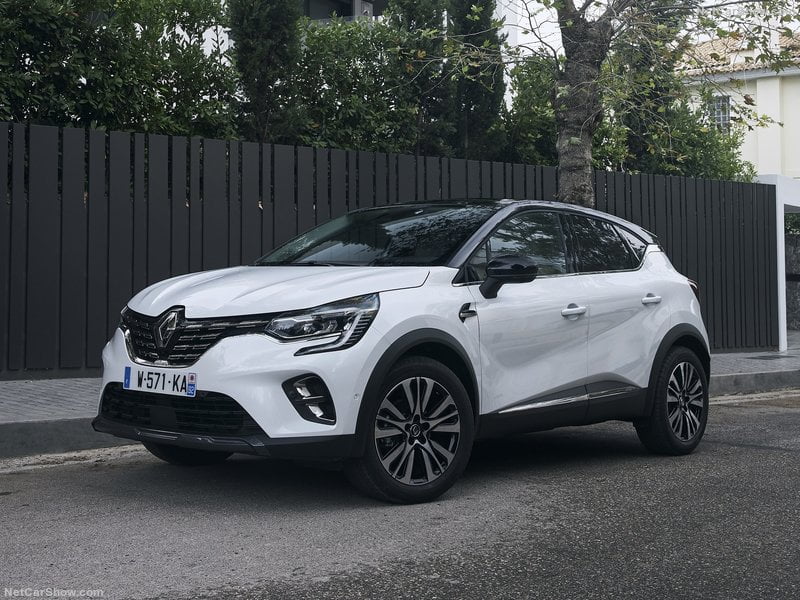Lebanese Cars Market in 2019 registered the second consecutive double-digit drop, falling at the lowest volume of the entire decade. Indeed, Full-year sales in 2019 were 31.997 (-17.6%). Toyota reached 33.7% of share, while Lexus landed in 8th place.
Economic Environment
The private-sector PMI plummeted to an all-time low in November and remained well within contractionary territory in December amid lower output, new orders and employment. October figures for economic activity, cement deliveries and construction permits were also depressed, while a dollar shortage is crippling local businesses. Compounding matters, Fitch downgraded Lebanon’s credit rating further in December, arguing a debt default or restructuring was now likely.
Market Trend
Lebanese vehicles market in recent years has been stable despite tensions within the region and was sustained by a resilient economy. Indeed between 2012 and 2016 sales were between 32.000 and 38.000 units, before to find new propellent in 2017, when demand for light commercial vehicles was strong, to jump up. Indeed, in 2017 light vehicles sales have been 52.120.
In 2018 the light vehicles market went down. Sales were declining since the start, keeping a negative tone for the entire year, except in the third quarter. However, after the strong jump of the previous year, the market fell down 18%, with sales at 39.074.
In 2019, according to data released by the local Association of Car Manufacturers, the market kept decreasing at high speed. Indeed, Full-year sales in 2019 were 31.997 (-17.6%), registering the lowest volume of the entire decade.
Brand-wise, Toyota in 2019 reached 33.7% of market share, running against the market trend and surging at near 50%. Behind, all top followers registered awful performances, with Nissan and Kia holding respectively 13.7% and 10.4%. Lexus landed in 8th place.
Tables with sales figures
In the tables below we report sales for Top Brands











